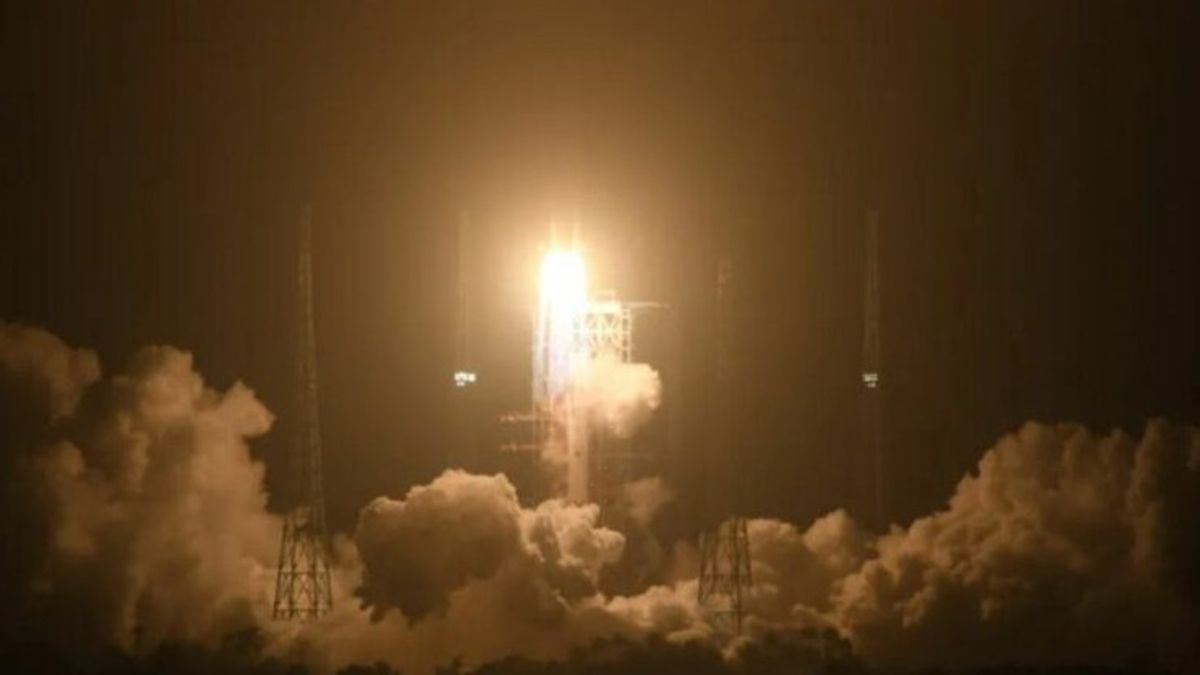JAKARTA - China successfully launched a new-generation Long March 7A rocket on Friday morning in its second attempt, sending an experimental satellite into orbit. The rocket was launched from the Wenchang Space Launch Site, in China's southern Hainan Province.
The rocket carries the Shiyan-9 satellite to test new technologies such as monitoring the space environment, according to the China Aerospace Science and Technology Corporation (CASC).
"CASC built an experimental satellite in just eight months, setting a record for medium to large size remote sensing satellites", CASC said.
The Long March 7A is a three-stage, four-boost rocket, measuring 197 feet (60.1 meters) long and 11 feet (3.35 meters) in diameter. This rocket has the capacity to send seven metric tons of payload into geostationary transfer orbit (GTO) - about 22.000 miles (35.405 kilometers) above Earth's surface.
The rocket is primarily designed to launch satellites into the GTO, with the potential to be upgraded to future exploration of the Moon, Mars, and asteroids, according to CASC.
China's first attempt to launch the Long March 7A, in March 2020, encountered a failed launch at the Wenchang Space Launch Site.
At the time, Chinese officials said engineers would investigate the cause of the failure, without providing further details.
"China expects to launch three to five Long March 7A rockets annually by 2025", said CASC.
It is known that China has an ambitious space program, supported by billions of dollars in government investment. In recent months, the country has launched lunar and Mars missions.
In July 2020, China launched its first unmanned mission to Mars, the Tianwen-1 unmanned spacecraft, which entered the orbit of the red planet in February this year.
SEE ALSO:
And in December 2020, China's unmanned Chang'e mission brought samples of the moon back to Earth, making it the third country to successfully collect a rock from the moon.
On Tuesday, the country's space agency signed an agreement with Russia's space agency to jointly build a lunar space station on the lunar surface and/or in lunar orbit, which will be open to all countries.
The English, Chinese, Japanese, Arabic, and French versions are automatically generated by the AI. So there may still be inaccuracies in translating, please always see Indonesian as our main language. (system supported by DigitalSiber.id)


















